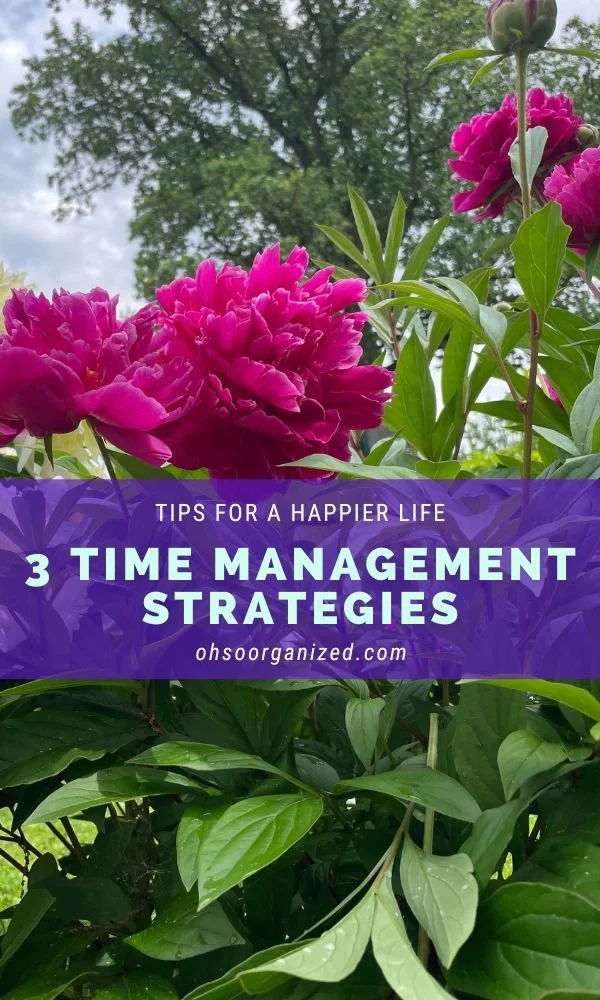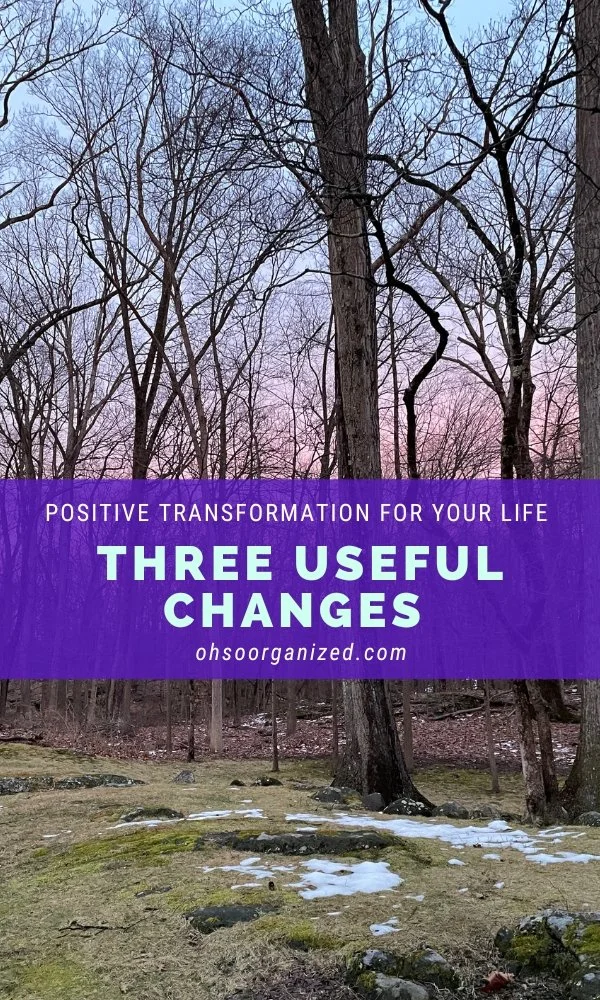What is your tendency when you encounter something challenging? Your temperament or the circumstance will elicit different responses.
Do you go it alone?
Do you procrastinate?
Do you reach out for help?
Challenges are opportunities. However, they can either motivate you to take action or cause you to be overwhelmed and paralyzed.
One of the things I admire about my virtual organizing clients is their willingness to seek help. They recognize that some challenges can be resolved quickly when they get the needed support. They usually know what result they want but need help figuring out the plan and steps. Or they may know what to do but want accountability and support while taking action.
When to Seek Help
When I have a challenge, I tend to go it alone first. I prefer to fix it myself, so I don’t have to bother anyone. But here’s the thing: I recognize that having agency and being able to ‘fix’ things is valuable. It’s as essential to know when to get support.
Enlist help to:
Bounce ideas off of someone
Make a plan
Rely on someone else’s expertise or experience
Do things you don’t want to do
Have accountability
You don’t have to do everything yourself. Build your team, your go-to people, who can help you navigate the challenges you face and the goals you seek.
“You don’t have to do everything yourself.”
Grateful for Help
The past few weeks have been a whirlwind. They’ve included wonderful vacation time and celebrations with family, mixed with many things going sideways. Our home needed help with a water filter replacement project, a new chimney liner, a replacement water pressure valve, a damaged driveway by one of our vendors, and a leaky roof. Oh. The joys of home ownership!
My husband, Steve, and I tagged-teamed the challenges. Steve is handy but time-poor. He handled some of these things by doing the work himself or getting help from a vendor. I assisted Steve with one of the projects (the water filter replacement) and hired vendors to get the other projects done.
Identifying the tasks we could do ourselves, the ones that needed to be done quickly, and those that required an outside vendor was vital.
Project Sprawl
Have you ever noticed how most projects are never as simple as you think? For example, the water filter we’ve used for years stopped selling replacement filters. This should have been a simple purchase and filter replacement, but it turned into a project.
Steve researched replacement options, ordered a new unit, and was ready to install it. Unfortunately, the box didn't include all the connection pieces he needed. After several trips to Home Depot, he was prepared for installation. When I saw the old unit removed from under the kitchen sink, I wanted to replace the liner paper. That involved removing the slide-out garbage can, cleaning the area, and cutting the new liner.
It didn’t stop there. We also decided to repaint under the sink to cover up some rust stains. As I write this, the paint is drying, and everything will soon be back in place.
No Need to Struggle Alone
My point is that getting help is a good thing. Don’t struggle alone. If you can do the thing yourself, great! But if you’re procrastinating, stuck, and overwhelmed, reach out for help.
What area of your life needs support? What have you recently asked for help with? How did that go? I’d love to hear your thoughts. I invite you to join the conversation.
I'm ready if you need help getting unstuck, making a plan, decluttering, or organizing. Please email me at linda@ohsorganized.com, call 914-271-5673, or schedule a Discovery Call. Moving forward is possible, especially with support.
















